Podcasts
A Traditional Nonprofit Adds New Traditions: The Kiwanis Club at the Flim Flam
Social entrepreneurs. Microfinanciers. Practical Idealists. These are just of the few of the titles given to the new nonprofiteers and venture social capitalists starting up and charging up the world to make it a better place over the last two decades or so.
The New Museum Has New Curators: Putting Ethical Dilemmas on Display
When we told a few people we were doing a podcast on museum ethics, we got some funny looks. And some interesting guesswork about museum ethics. One wondered whether it involved people who deface works of art and cultural treasures: sticking their gum on Mona Lisa's nose.
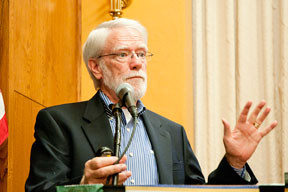
The Public Life of the University of Michigan's Center for Ethics (in Public Life)
Higher education institutions, and the eclectic ethics centers attached to them, are central to the nurturing and growth of a flourishing ethics economy. A2Ethics.org has identified this economy as one where people take career pathways that involve working with ethics ideas, and whose profession
When Do I Get To Play? The Athletic Trainer Should Know
Concussions. Dehydration. Fraternization with players. Pressures from coaches, parents and athletes to give the nod to go back into the game after getting injured. Athletic trainers have a lot of ethical issues to worry about.
What Is the Ethical Impact of Don't Ask, Don't Tell?
Ken Warnock and Denise Brogan-Kator, both veterans and LGBT activists/advocates talk about the status of the Don't Ask, Don't Tell law and the prospects for its repeal during the Obama administration.
Public Opinion Polling on Moral Issues: As Simple as a Yes or No?
Public opinion polls have become so ingrained in American politics that we give little thought to whether such polls are actually beneficial to our democracy. More compelling, we think, is the increasing willingness of public opinion pollsters to use their technologies to tell us about our col
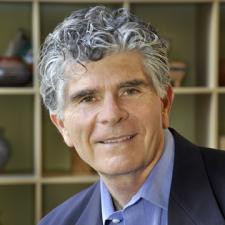
Fair Food: No Longer Just Fried and on a Stick
At A2ethics.org, we may almost be forgiven (okay, maybe not) if we thought that fair food was one of the fried concoctions sold on a stick, that as children we grazed on, waiting to see the prize-winning animals at our state fairs.
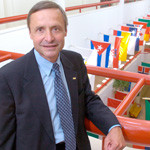
A Business School Leader's Dilemma: Making Ethics Education Worth The Price
Our Michigan Ethics Economy Initiative took us recently to Eastern Michigan University's College of Business to talk with Dean David Mielke.
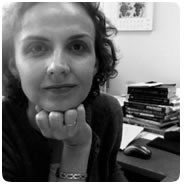
Beyond Privacy: Ethics and Our Social Networks
We think our a2ethics.org talk with Nicole Ellison is a bit unique.
HIV / AIDS In Michigan
Jimena Loveluck of the HIV/AIDS Resource Center returns to talk with Bart and Jeanine about the organization, its mission, and the obstacles along the way. HARC was founded in 1986, and CEO Jimena Loveluck has been with the company since 1989. What has changed over the years?
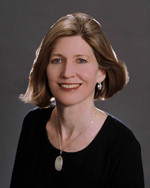
Ethics in Teaching Music: Pamela Ruiter-Feenstra
Join Bart and Jeanine as master organist/composer/improviser/teacher Pamela Ruiter-Feenstra gives a lesson in the ethics of teaching music. In the second half of the program, Bart gets a chance to play an improvised duet with the master organist.

